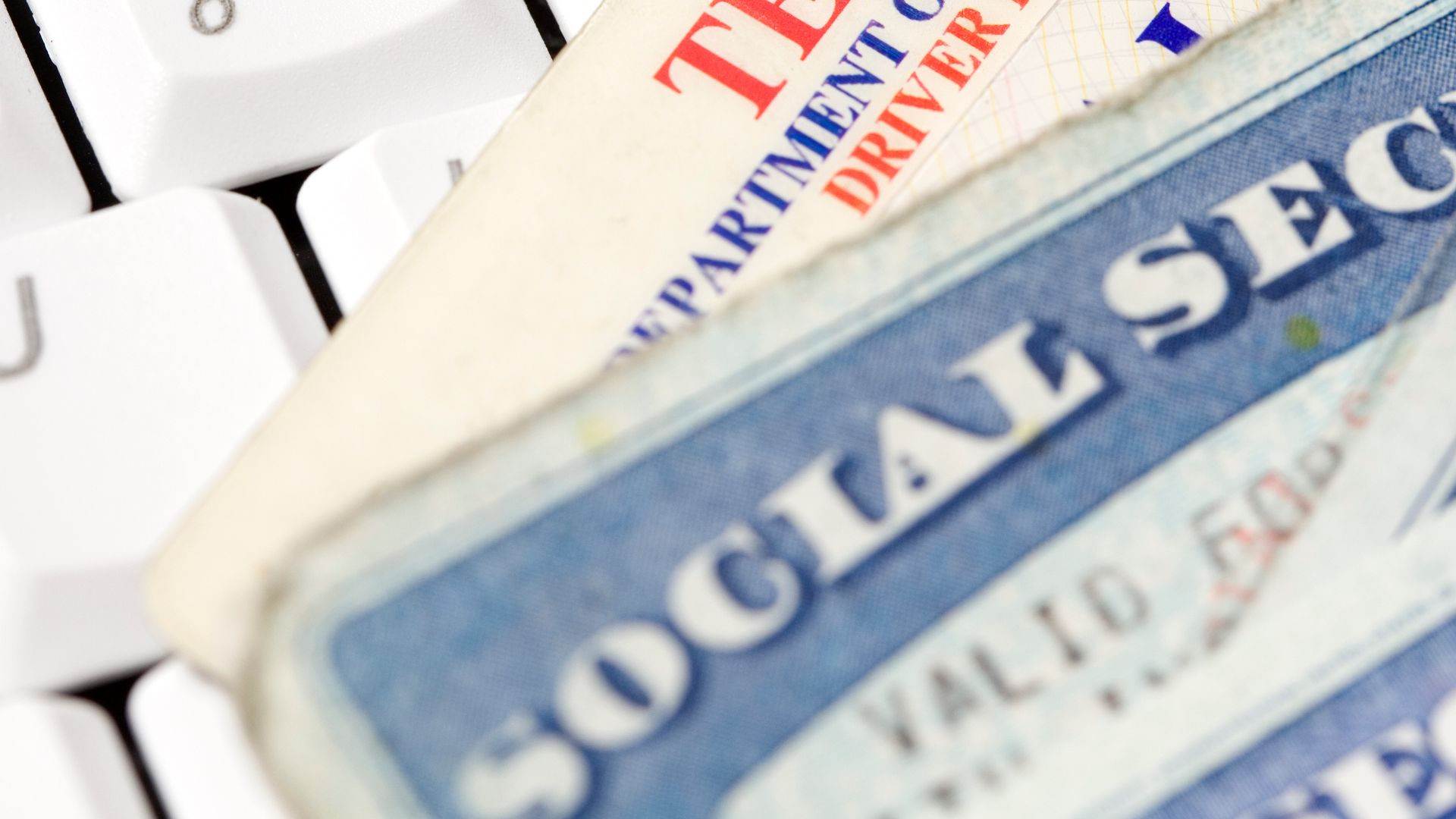
[RAY BOGAN]
Thousands of inmates leave prison every year without identification — a necessity for getting back into society. Now a bipartisan proposal in Congress seeks to ensure that federal inmates are given a valid, accepted form of identification when they finish their sentence and leave prison. It’s part of an effort to help them get a job, obtain housing and rejoin their community.
Here’s the statistics: From 2018 to 2021, 52% of inmates left prison with at least one form of ID, but 37% were released with no ID, and the Bureau of Prisons didn’t know for the other 11%.
Leaving without an ID means they have no birth certificate, no social security card or no State ID.
So a bipartisan group of lawmakers in both the House and Senate introduced a bill that would require the Bureau of Prisons to make sure American citizens leave federal prison with an ID that’s valid for at least 18 months and meets the requirements of the Real ID act.
That will ensure that the ID will be accepted by all federal agencies for programs including Social Security, Medicare, Medicaid, SNAP, the VA and more.
On top of that, if the bill is passed, the director of the Bureau of Prisons will have to negotiate with all 50 states to make sure the federal ID can be traded for a state ID like a drivers license.
Bill sponsor, Senator Mark Warner stated: “A valid form of ID is needed to secure housing, apply for jobs, and gain access to assistance programs that will ease the transition back into society.”
Senator Thom Tillis echoed that and said: “A valid form of ID is a critical first step for those looking for a fresh start and is necessary to become a productive member of society.”
Reentering society without an ID can pose serious challenges. For instance, veterans can struggle to receive benefits they’re entitled to from the VA, and if a former inmate goes to a bank without an ID, it can be difficult for them to cash a check or access their own money.
Laura Cooper, the Executive Director of the Major City Chiefs Association said providing support like this to formerly incarcerated individuals is critical to preventing recidivism.
She stated: “A lack of government-issued identification is a well-documented, significant barrier that can prohibit recently released individuals from being able to obtain the assistance that they need.”
This bill was just introduced and is beginning the legislative process. There’s no estimate yet as to how much the program would cost. Straight from DC, I’m Ray Bogan.







